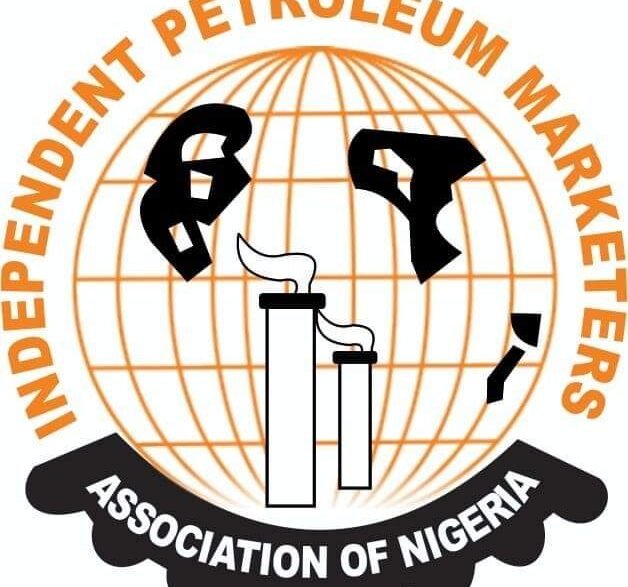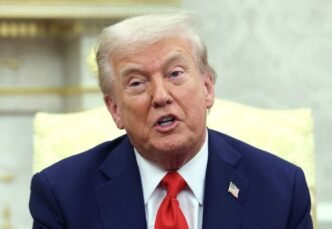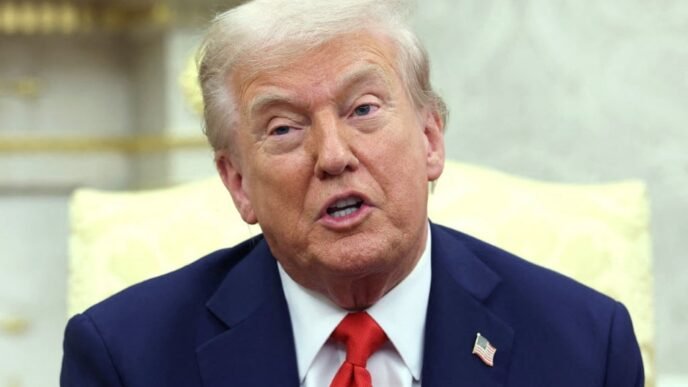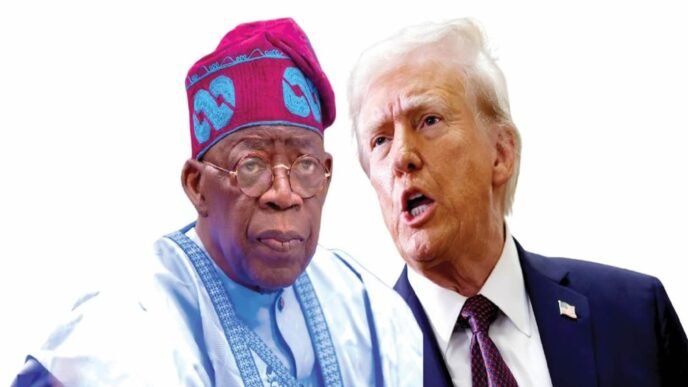LAGOS, Nigeria — November 2, 2025
A former National Operations Controller of the Independent Petroleum Marketers Association of Nigeria (IPMAN), Mr. Mike Osatuyi, has applauded President Bola Ahmed Tinubu for approving a 15 per cent import duty on petrol and diesel, describing the decision as a strategic step toward safeguarding Nigeria’s refining industry and drawing new investments into the energy sector.
In an interview with the News Agency of Nigeria (NAN) in Lagos on Sunday, Osatuyi said the policy was a long-awaited measure to promote industrial growth and reduce overdependence on imported petroleum products.
A Policy to Strengthen Domestic Refining
According to Osatuyi, the 15 per cent import duty will level the playing field for domestic refiners, including the Dangote Refinery, modular refineries, and other local operators that have struggled to compete against cheaper, imported fuel.
“This is a commendable policy from President Tinubu. It will ensure that local refineries are protected from unfair competition caused by cheaper imported fuel. By doing this, we are encouraging investors and ensuring the sustainability of Nigeria’s refining capacity,” he said.
He explained that the landing cost of imported petrol and diesel — the total cost of the product upon arrival in Nigeria, including shipping, insurance, and other charges — would naturally rise due to the tariff. This increase, he said, would make locally refined products more competitive and economically viable.
Background: Tinubu’s Approval and Economic Context
President Tinubu approved the 15 per cent import duty on petrol and diesel on October 29, 2025, in a move aimed at promoting industrial self-sufficiency and stimulating local production.
The policy came amid ongoing efforts by the Federal Government to reposition Nigeria as a net exporter of refined petroleum products. The administration’s energy reforms also align with its Renewed Hope Agenda, which emphasizes domestic production, job creation, and private-sector participation in critical industries.
Energy experts believe the import duty could have far-reaching impacts on the downstream petroleum sector, especially following years of policy inconsistencies that have discouraged local investors.
Modular Refineries to Benefit
Osatuyi further stated that the measure would encourage modular refinery operators — smaller-scale refining businesses with capacities between 1,000 and 30,000 barrels per day — to scale up their operations.
“Many modular refineries have been operating below capacity due to the dominance of imported fuel. This new policy gives them a fair opportunity to compete. It will attract both local and foreign investors who previously saw the market as unprofitable,” he added.
He emphasized that when modular and larger refineries thrive, they can create thousands of jobs, boost revenue generation, and stabilize fuel supply across the country.
Balancing Price and Supply
While the import duty may raise the pump price of imported petrol and diesel in the short term, Osatuyi maintained that it was a necessary step for long-term stability.
He argued that once local refineries, including the Port Harcourt, Warri, and Kaduna refineries, as well as private facilities like Dangote Refinery, begin full operations, domestic production will meet local demand and eventually lower prices.
“It’s better to endure a temporary rise in prices now and enjoy lasting stability later. When local refineries dominate the market, Nigeria will not only meet its domestic needs but also export to neighboring countries,” he said.
Economic Analysts Weigh In
Economic analysts have described the policy as part of a broader push to diversify Nigeria’s foreign exchange earnings and strengthen the naira by reducing fuel import dependency.
Dr. Oladipo Adedeji, an oil and gas economist, said the new tariff regime would “encourage backward integration” — a strategy that prioritizes local production over importation.
“Nigeria spends billions of dollars annually importing refined fuel, which puts pressure on foreign reserves. This 15 per cent import duty is a signal that the government wants investors to see refining as profitable and sustainable,” Adedeji told reporters.
He added that beyond fiscal benefits, the move would help curb fuel smuggling and stabilize the downstream market.
IPMAN’s Position on Implementation
IPMAN, which represents thousands of petroleum marketers across the country, has long advocated for policies that promote fair competition and price stability.
Osatuyi urged the Federal Government to ensure transparent implementation of the new import duty policy and to monitor compliance among importers and marketers to prevent market manipulation.
“The success of this policy depends on effective monitoring. Government agencies such as the Nigerian Customs Service (NCS), Nigerian Midstream and Downstream Petroleum Regulatory Authority (NMDPRA), and Nigerian National Petroleum Company Limited (NNPCL) must work together to ensure a level playing field,” he stated.
He also called on the government to fast-track the rehabilitation of state-owned refineries and provide incentives for investors in modular refining.
Potential for Foreign Investment
Industry observers say the policy could send a strong signal to foreign investors, particularly from Asia and the Middle East, who have shown renewed interest in Nigeria’s petroleum refining value chain.
With the global transition to cleaner fuels, analysts note that Nigeria must strike a balance between attracting investment in traditional energy and advancing toward greener alternatives.
Osatuyi noted that the 15 per cent import duty would restore investor confidence, particularly in a sector that has suffered from inconsistent policies and regulatory uncertainty.
“Investors like stability. This policy tells them that Nigeria is serious about protecting its refining industry. When they see consistent regulation, they will bring in capital, technology, and expertise,” he added.
Looking Ahead
The Nigerian government’s 15 per cent import duty on petrol and diesel represents one of the boldest steps in recent years to reposition the nation’s oil and gas industry for sustainability and growth.
If effectively implemented, it could reduce import dependency, create local jobs, boost government revenue, and strengthen the naira through increased exports of refined petroleum products.
As Osatuyi and other stakeholders have emphasized, the real test lies in execution and policy consistency — ensuring that the initiative translates from paper to practical economic transformation.














